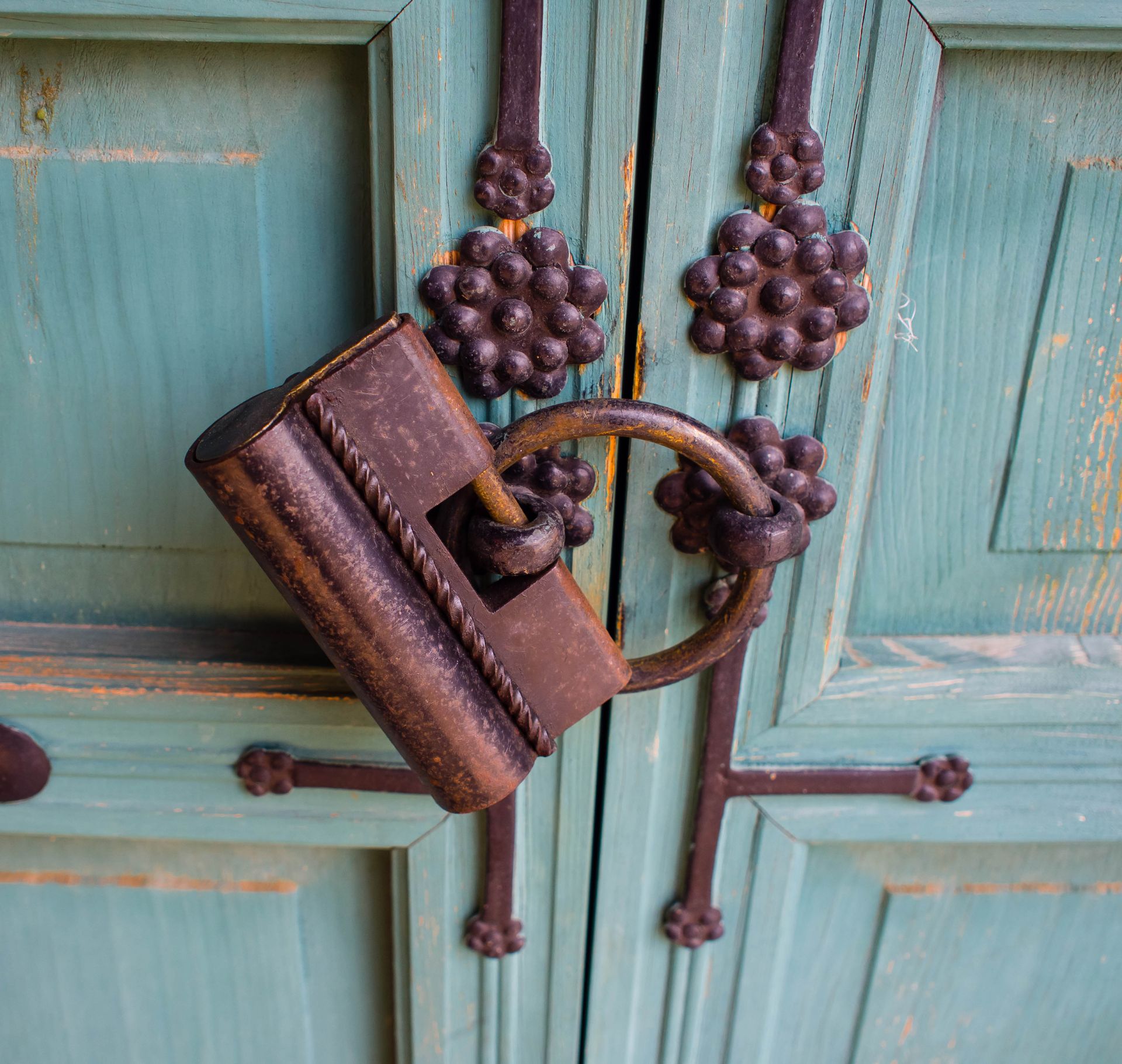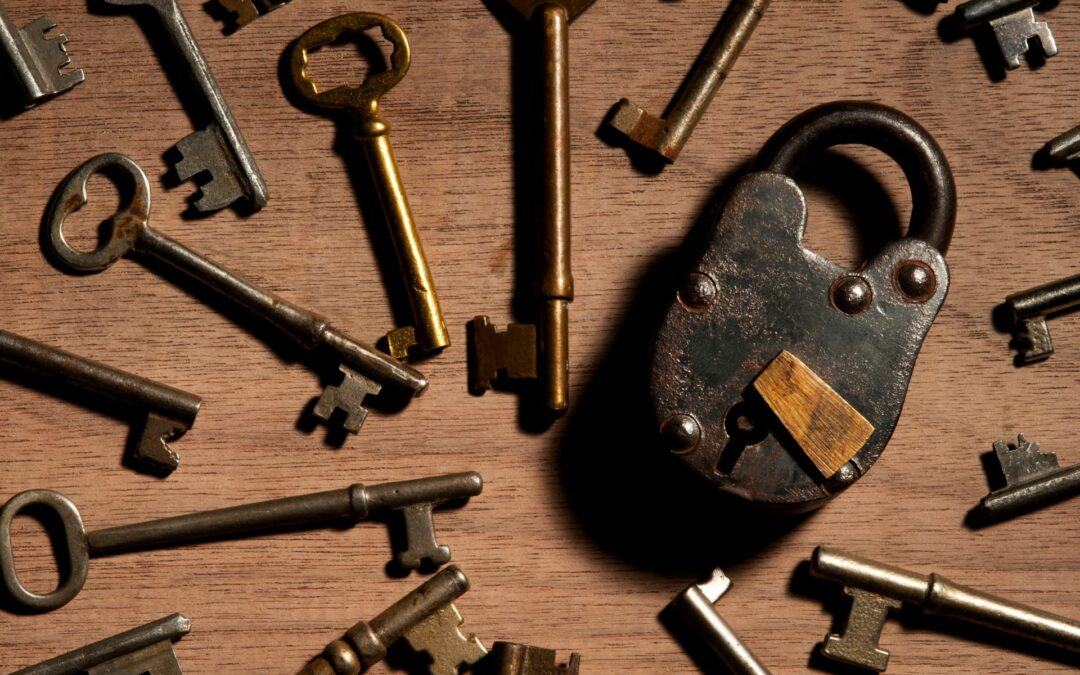Antique Lock Repair and Restoration: Unlocking the Secrets of Timeless Treasures
The world of antique locks is a fascinating realm that holds tremendous historical and sentimental value. These timeless treasures have a remarkable allure, captivating enthusiasts and collectors with their intricate designs and elegant craftsmanship. From the intricacies of their mechanisms to the stories they hold within their iron and brass cores, antique locks are a testament to the ingenuity of the past. Their enduring appeal lies not only in their aesthetic beauty but also in their ability to unlock the secrets of bygone eras.
Preserving the functionality and value of antique locks requires proactive maintenance. Regular care and attention are essential to ensuring that these valuable pieces of history remain in optimal condition. Neglecting maintenance can lead to issues such as rust, corrosion, and weakened mechanisms that compromise the lock’s integrity. By understanding the significance of lock maintenance, owners can prolong the lifespan of their antique locks and continue to enjoy their beauty and functionality for years to come.
The Fascinating World of Antique Locks: Exploring the history and significance of antique locks and the reasons behind their enduring appeal.
The history of antique locks dates back centuries, captivating historians and collectors alike. These intricate mechanisms have witnessed the evolution of security systems, providing a glimpse into the past and the ingenuity of our ancestors. Antique locks showcase the craftsmanship and attention to detail of bygone eras, serving as a tangible connection to a different time.
One of the reasons antique locks hold such enduring appeal is their significance as a testament to human innovation and resilience. In an age where digital technology rules our lives, antique locks remind us of a simpler time when mechanisms were purely mechanical and required manual manipulation for operation. They offer a sense of nostalgia and a tangible link to a time before we relied on electronics. Moreover, the complexity and functional design of antique locks spark curiosity and admiration, drawing individuals who appreciate the artistry of these often overlooked artifacts.
The Importance of Lock Maintenance: Understanding Why Regular Maintenance is Crucial to Preserving the Functionality and Value of Antique Locks.
Regular maintenance is essential for preserving the functionality and value of antique locks. These intricate pieces of craftsmanship require special attention to ensure that they continue to operate smoothly and retain their historical significance. One of the primary reasons why regular maintenance is crucial is to prevent the locks from becoming seized or stuck. Over time, dust, dirt, and other debris can accumulate inside the lock mechanism, hindering its ability to function properly. By regularly cleaning and lubricating the lock, locksmiths can keep the internal components working smoothly, reducing the risk of lock failure or damage.
Additionally, regular maintenance helps to identify and address any potential issues before they escalate into major problems. Locks that are not maintained may develop small cracks or other damage that can worsen over time. By inspecting and servicing the locks regularly, locksmiths can catch these issues early on and prevent further deterioration. This proactive approach not only preserves the lock’s functionality but also safeguards its value and historical importance.
Identifying Common Issues: A Guide to recognizing and diagnosing common problems that antique locks may encounter over time.
Antique locks, with their intricate mechanisms and rich history, can encounter a variety of issues over time. One common problem is worn or damaged springs, which can cause the lock to fail to engage or disengage properly. This can occur due to frequent use or exposure to environmental elements. Additionally, antique locks may suffer from broken or missing parts, such as key pins or levers, which can greatly affect their functionality. These missing components may be the result of wear and tear, improper handling, or previous repair attempts.
Another issue that antique locks often face is rust and corrosion. Given their age, many locks have been exposed to moisture, leading to the development of rust on their metallic components. Rust not only affects the lock’s appearance but can also impede its smooth operation. Corrosion, another common problem, can cause the lock to seize or become difficult to turn.
It is essential to address rust and corrosion promptly to prevent further damage and restore the lock’s functionality. Identifying and diagnosing these common problems is crucial to providing appropriate repair and restoration solutions for antique locks. By recognizing these issues early on, locksmiths can effectively restore these timeless treasures, preserving their historical significance and ensuring their enduring appeal.

Call Us For Expert Antique Lock Repair and Restoration
Delve into the captivating world of antique locks, where history and craftsmanship converge. Preserve the allure of these timeless treasures through regular maintenance. Call Spider Locksmith for expert antique lock repair and restoration—unlocking the secrets of your cherished pieces.

